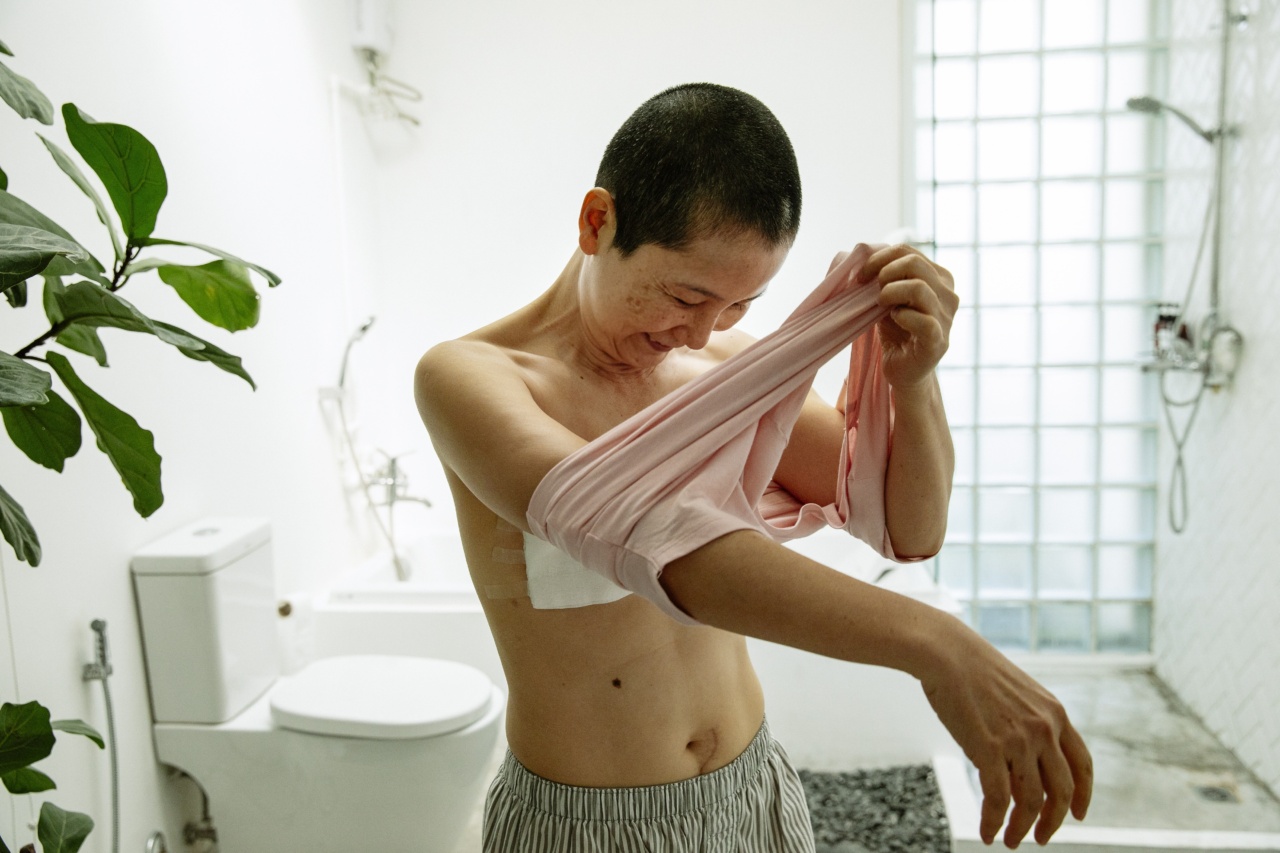Breast cancer is one of the most common forms of cancer in women, and aggressive cases can pose significant challenges in terms of treatment and prognosis.
However, recent studies have shown promising results in reducing the risk of relapse in aggressive breast cancer cases through combination therapy.
Understanding Aggressive Breast Cancer
Aggressive breast cancer is a subtype of the disease that grows and spreads more rapidly than other types.
It is characterized by the presence of certain genetic mutations and receptors on cancer cells, making it more resistant to conventional treatment methods.
The Current Approach to Treatment
Traditionally, aggressive breast cancer has been treated with chemotherapy, radiation therapy, or hormone therapy, depending on the specific characteristics of the tumor.
While these treatments can be effective, there is still a significant risk of relapse and progression of the disease.
The Role of Combination Therapy
Combination therapy involves using multiple treatment modalities simultaneously or sequentially to target different aspects of the cancer cells and their growth mechanisms.
This approach has shown great promise in reducing the risk of relapse in aggressive breast cancer cases.
Chemotherapy and Targeted Therapies
Chemotherapy is a commonly used treatment for aggressive breast cancer. It involves the use of drugs that kill or slow down the growth of cancer cells. However, cancer cells can develop resistance to chemotherapy, leading to relapse.
To overcome this, targeted therapies are being combined with chemotherapy to enhance its efficacy.
Targeted Therapies: HER2-Positive Breast Cancer
HER2-positive breast cancer is a specific subtype of aggressive breast cancer. It is characterized by the overexpression of a protein called HER2, which plays a role in cell growth and division.
Targeted therapies, such as trastuzumab, lapatinib, and pertuzumab, specifically target the HER2 protein, reducing the risk of relapse in HER2-positive breast cancer cases.
Immunotherapy and Breast Cancer
Immunotherapy is another form of combination therapy showing promise in aggressive breast cancer cases. It involves using drugs that stimulate the patient’s immune system to recognize and attack cancer cells.
Immunotherapy can be used in conjunction with other treatment modalities to enhance their effectiveness.
Advantages of Combination Therapy
Combination therapy offers several advantages over single modality treatment in aggressive breast cancer cases.
By targeting multiple aspects of cancer cell growth and survival, combination therapy reduces the likelihood of cancer cells developing resistance to treatment. It also enhances the overall effectiveness of the treatment, lowering the risk of relapse.
Case Studies and Clinical Trials
Multiple case studies and clinical trials have demonstrated the effectiveness of combination therapy in reducing the risk of relapse in aggressive breast cancer cases.
These studies have shown improved progression-free survival rates and overall survival rates, indicating the potential for better long-term outcomes.
Personalized Medicine and Combination Therapy
As research continues to unravel the complexities of aggressive breast cancer, personalized medicine is emerging as a crucial factor in the success of combination therapy.
By analyzing a patient’s unique genetic makeup and tumor characteristics, oncologists can tailor the combination therapy approach to maximize effectiveness and minimize side effects.
The Future of Combination Therapy in Aggressive Breast Cancer
Combination therapy holds immense potential in revolutionizing the treatment landscape for aggressive breast cancer.
As more targeted therapies and immunotherapies are developed and fine-tuned, the efficacy of combination therapy is expected to improve further, ultimately leading to better outcomes and a reduced risk of relapse.
Conclusion
Combination therapy is proving to be a game-changer in reducing the risk of relapse in aggressive breast cancer cases.
By combining different treatment modalities, including chemotherapy, targeted therapies, and immunotherapy, oncologists can effectively target various aspects of cancer cell growth and survival. As personalized medicine advances, the future looks promising for combination therapy in aggressively treating and preventing relapse in breast cancer patients.






























